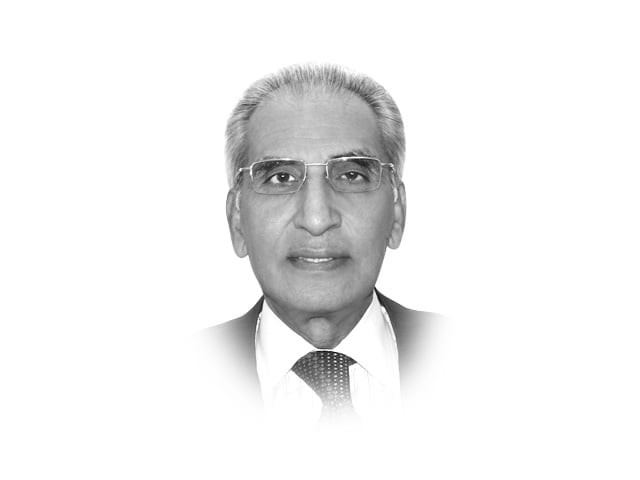Premeditated provocation and measured response
Our faith must facilitate understanding, appreciation of others, not create mistrust, suspicions among nations.

While they have been embraced by all, events over the past weeks have demonstrated the importance and urgency of ensuring that these amazing devices are not used to hurt fellow humans and humiliate their beliefs and sensitivities, irrespective of differences in colour or creed. For Pakistan, which has suffered from long spells of authoritarian rule, as well as from the menace of extremism and terrorism, the struggle for democracy and the rule of law have been long and bitter. The freedom of expression is, therefore, dear to us. We can also appreciate the importance attached to it in the West. At the same time, we cannot acquiesce in attempts to use this freedom to demean other humans, especially when it incites violence or creates hatred.
Muslims are not unaware that the US law prohibits discrimination on the basis of race, religion, ethnic or national origin. Many European states have laws against anti-Semitism and denial of Holocaust, while in some areas in the US, cross-burning is banned. Moreover, the International Covenant on Civil and Political Rights (ICCPR) mandates that “any advocacy of national, racial or religious hatred that constitutes incitement to discrimination, hostility or violence shall be prohibited by law”. And yet, denigrating the belief of Muslims is defended as free speech!
Muslims are, therefore, justified in demanding that the right to free speech should not be allowed to become a licence to demonise Islam. Instead, the West should strive to take measures to prevent misguided individuals, under the garb of free speech, from engaging in actions that are as reprehensible as of those who advocate violence openly and overtly. Both are terrorists and should be subject to the same accountability. Conspiracies that create hatred among cultures and religions and incite some to violence are not only detrimental to peace and stability; they could be sowing the seeds of a clash of civilisations.
In such a situation, the remedy lies not in establishment of blocks on the basis of ‘us’ and ‘them’, creating barriers and impediments to cooperation and understanding. People need to be brought together, not set part. Our faith must facilitate understanding and appreciation of others, bringing humanity closer, not creating mistrust and suspicions among nations.
Similarly, those who are unable to contain their anger and outrage and instead take recourse to acts of violence cannot claim to speak in the name of Islam — a religion of peace and brotherhood, as repeatedly stressed by the Holy Prophet (pbuh). Islam’s holy book, the Quran, declares unequivocally that “there is no compulsion in religion”, while condemning the killing of even one individual as representing the murder of humanity.
Sadly, extremism and terrorism are not peculiar to any one religion; most major faiths have been inflicted by this ailment, at some stage or the other. In the case of Islam, the long years of colonial domination followed by decades of authoritarian rule, where basic human rights were denied to citizens, have contributed to deep misgivings about the West, while giving rise to alienation and anger in them about the conduct and performance of their own governments.
But whatever their historical grievance or current complaint, there is no justification for the kind of behaviour witnessed in Pakistan on September 21. Both the manner in which the government abandoned its responsibilities and political parties and civil society failed to provide guidance or direction to the unruly crowds, created a spectacle that was shameful and humiliating, providing further ammunition to those who wish to vilify us. Instead of a measured response to premeditated provocation, our actions left our friends disgusted and our detractors delighted.
Published in The Express Tribune, September 26th, 2012.
















COMMENTS
Comments are moderated and generally will be posted if they are on-topic and not abusive.
For more information, please see our Comments FAQ